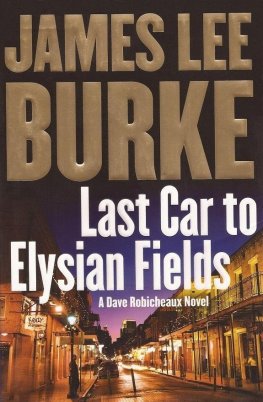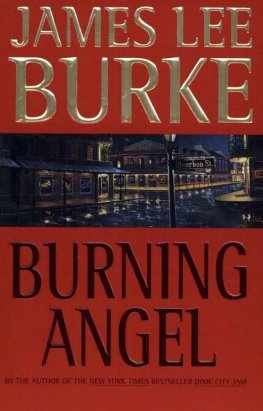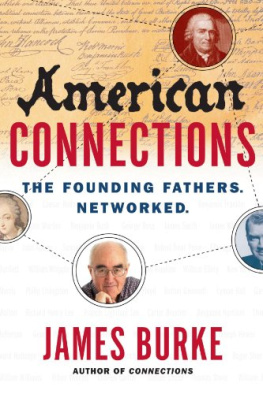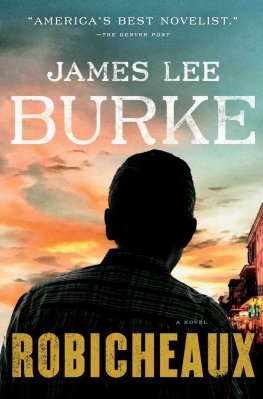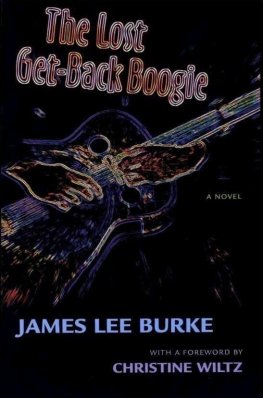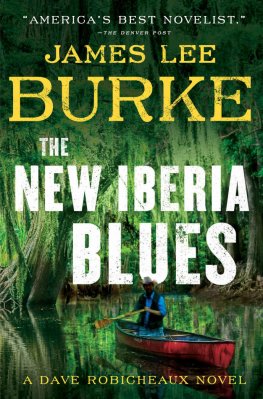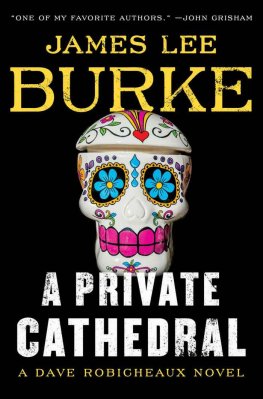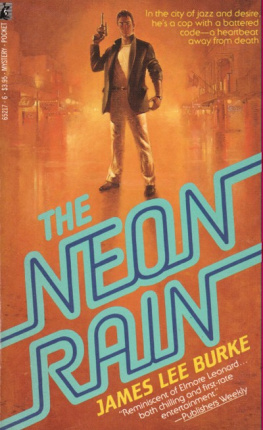James Lee Burke
Last Car to Elysian Fields
To my wife, Pearl, and my children
Jim, Jr., Andree, Pamala, and Alafair
The first week after Labor Day, after a summer of hot wind and drought that left the cane fields dust blown and spider webbed with cracks, rain showers once more danced across the wetlands, the temperature dropped twenty degrees, and the sky turned the hard flawless blue of an inverted ceramic bowl. In the evenings I sat on the back steps of a rented shotgun house on Bayou Teche and watched the boats passing in the twilight and listened to the Sunset Limited blowing down the line.
Just as the light went out of the sky the moon would rise like an orange planet above the oaks that covered my rented backyard, then I would go inside and fix supper for myself and eat alone at the kitchen table.
But in my heart the autumnal odor of gas on the wind, the gold and dark green of the trees, and the flame-lit edges of the leaves were less a sign of Indian summer than a prelude to winter rains and the short, gray days of December and January, when smoke would plume from stubble fires in the cane fields and the sun would be only a yellow vapor in the west.
Years ago, in both New Orleans and New Iberia, the tannic hint of winter and the amber cast of the shrinking days gave me the raison detre I needed to drink in any saloon that would allow me inside its doors. I was not one of those valiant, alcoholic souls who tries to drink with a self-imposed discipline and a modicum of dignity, either.
I went at it full-bore, knocking back Beam or Black Jack straight-up in sawdust bars where I didnt have to make comparisons, with a long-necked Jax or Regal on the side that would take away the after taste and fill my mouth with golden needles. Each time I tilted the shotglass to my lips I saw in my minds eye a simian figure feeding a fire inside a primeval cave and I felt no regret that I shared his enterprise.
Now I went to meetings and didnt drink anymore, but I had a way of putting myself inside bars, usually ones that took me back to the Louisiana in which I had grown up. One of my favorites of years past was Goldie Bierbaums place on Magazine in New Orleans. A green colonnade extended over the sidewalk, and the rusted screen doors still had painted on them the vague images and lettering of Depression-era coffee and bread advertisements. The lighting was bad, the wood floor scrubbed colorless with bleach, the railed bar interspersed with jars of pickles and hard-boiled eggs above and cuspidors down below. And Goldie himself was a jewel out of the past, a seventy-year-old flat-chested ex-prizefighter who had fought Cleveland Williams and Eddie Machen.
It was night and raining hard on the colonnade and tin roof of the building. I sat at the far end of the bar, away from the door, with a demitasse of coffee and a saucer and tiny spoon in front of me. Through the front window I could see Clete Purcel parked in his lavender Cadillac convertible, a fedora shadowing his face in the glow of the streetlight. A man came in and removed his raincoat and sat down on the other end of the bar. He was young, built like a weight-lifter whose physique was earned rather than created with steroids. He wore his brown hair shaved on the sides, with curls hanging down the back of his neck. His eyebrows were half-moons, his face impish, cartoonlike, as though it were drawn with a charcoal pencil.
Goldie poured him a shot and a draft chaser, then set the whiskey bottle back on the counter against the wall and pretended to read the newspaper. The man finished his drink and walked the length of the bar to the mens room in back. His eyes looked straight ahead and showed no interest in me as he passed.
Thats the guy, Goldie said, leaning close to me.
Youre sure? No mistake? I said.
He comes in three nights a week for a shot and a beer, sometimes a catfish poboy. I heard him talking about it on the payphone back there. Maybe hes not the guy who hurt your friend, but how many guys in New Orleans are gonna be talking about breaking the spokes on a Catholic priest?
I heard the mens room door open again and footsteps walk past me to the opposite end of the bar. Goldies eyes became veiled, impossible to read. The top of his head looked like an alabaster bowling ball with blue lines in it.
Im sorry about your wife. It was last year? he said.
I nodded.
It was lupus? he said.
Yeah, thats right, I replied.
You doin all right?
Sure, I said, avoiding his eyes.
Dont get in no trouble, like we used to do in the old days.
Not a chance, I said.
Hey, my poboy ready? the man at the end of the bar asked.
The man made a call on the payphone, then ate his sandwich and bounced pool balls off the rails on the pool table. The mirror behind the bar was oxidized an oily green and yellow, like the color of lubricant floating in water, and between the liquor bottles lined along the mirror I could see the man looking at the back of my head.
I turned on the bar stool and grinned at him. He waited for me to speak. But I didnt.
I know you? he said.
Maybe. I used to live in New Orleans. I dont anymore, I said.
He spun the cue ball down the rail into the pocket, his eyes lowered.
So you want to shoot some nine ball? he said.
Id be poor competition.
He didnt raise his eyes or look at me again. He finished his beer and sandwich at the bar, then put on his coat and stood at the screen door, looking at the mist blowing under the colonnade and at the cars passing in the neon-streaked wetness in front of Goldies bar. Clete Purcel fired up his Cadillac and rattled down the street, turning at the end of the block.
The man with the impish face and curls that hung on the back of his neck stepped outside and breathed the air like a man out for a walk, then got into a Honda and drove up Magazine toward the Garden District.
A moment later Clete Purcel pulled around the block and picked me up.
Can you catch him? I asked.
I dont have to. Thats Gunner Ardoin. He lives in a dump off Tchoupitoulas, he said.
Gunner? Hes a button man?
No, hes been in two or three of Fat Sammy Figorellis porn films. He mules crystal in the projects, too.
Would he bust up a priest? I asked.
Clete looked massive behind the steering wheel, his upper arms like big, cured hams inside his tropical shirt. His hair was sandy, cut short like a little boys. A diagonal scar ran through his left eyebrow.
Gunner? he said. It doesnt sound like him. But a guy who performs oral sex for a hometown audience? Who knows?
We caught up with the Honda at Napoleon Avenue, then followed it through a dilapidated neighborhood of narrow streets and shotgun houses to Tchoupitoulas. The driver turned on a side street and parked under a live oak in front of a darkened cottage. He walked up a shell driveway and entered the back door with a key and turned on a light inside.
Clete circled the block, then parked four houses up the street from Gunner Ardoins place and cut the engine. He studied my face.
You look a little wired, he said.
Not me, I said.
The rain on the windshield made rippling shadows on his face and arms.
I made my peace with N.O.P.D., he said.
Really?
Most of the guys who did us dirt are gone. I let it be known Im not in the O.K. Corral business anymore. It makes life a lot easier, he said.
Through the overhang of the trees I could see the Mississippi levee at the foot of the street and fog billowing up from the other side. Boat lights were shining inside the fog so that the fog looked like electrified steam rising off the water.
Are you coming? I asked.
He pulled an unlit cigarette from his mouth and threw it out the window. Why not? he said.

